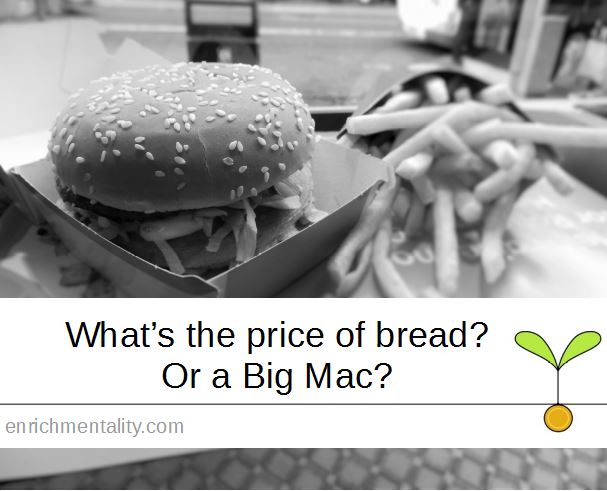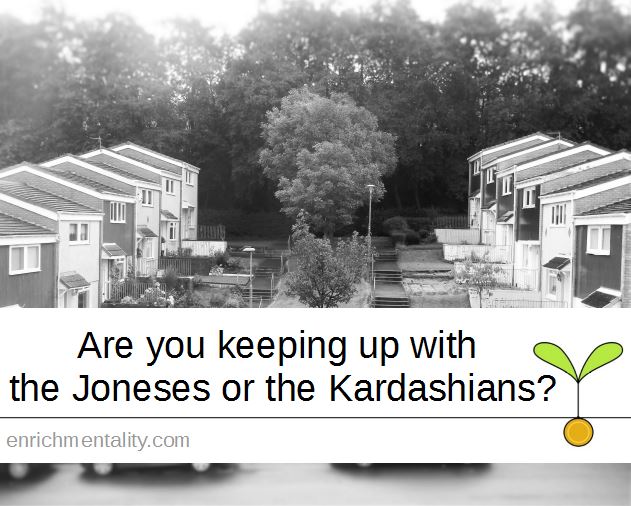The herd instinct is ‘a mentality characterized by a lack of individual decision-making or thoughtfulness, causing people to think and act in the same way as the majority of those around them’. It’s a familiar term in investing, where investors are influenced by the positivity – or negativity – of others, and their behaviour then feeds into the market, perpetuating this cycle and sometimes leading to bubbles or crashes.
But the herd mentality I want to talk about today is the one that is much bigger than the stock market, and permeates almost all of our money (and other) decisions.










